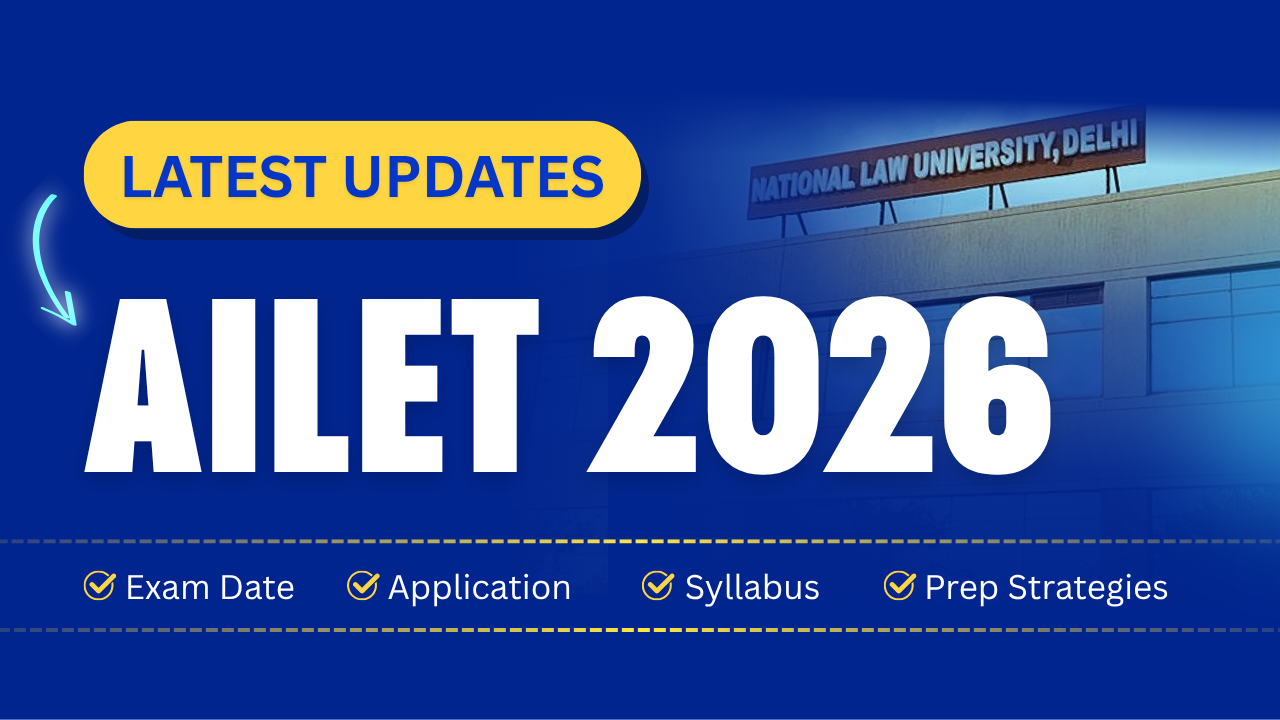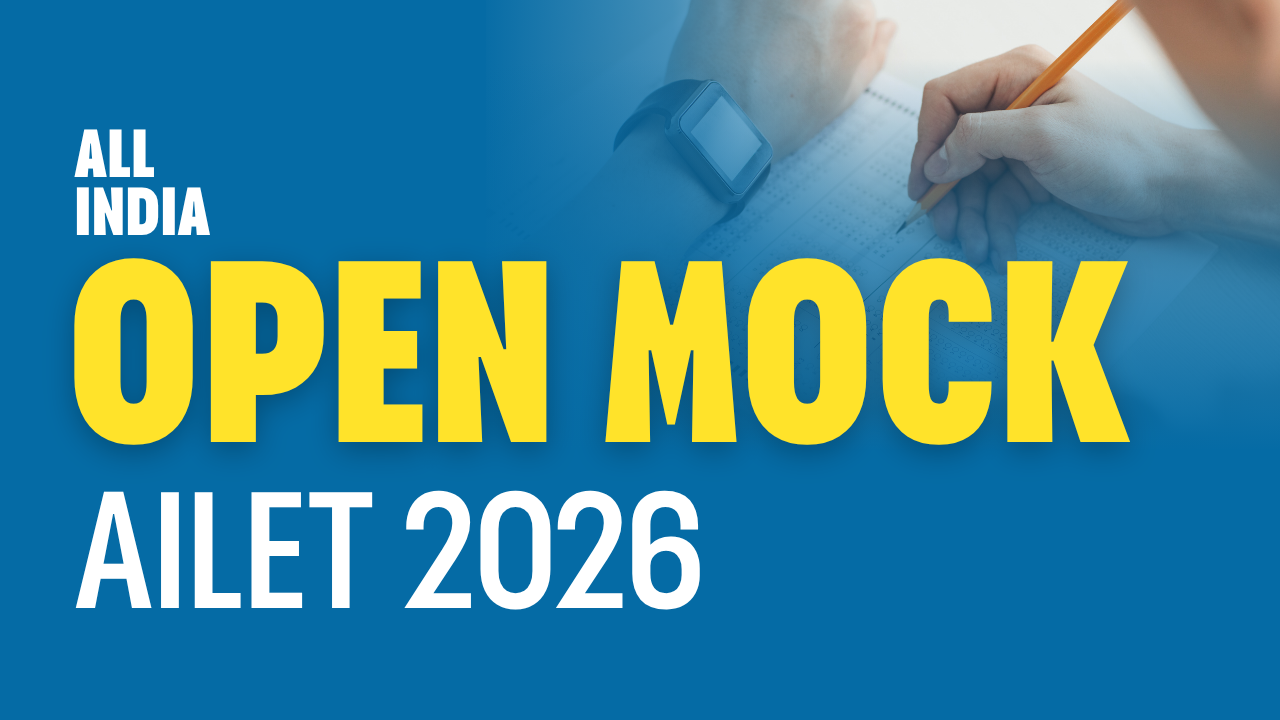By National Law University, Delhi I Jun 28, 2022

Take it from a person who has cracked law entrance exams himself, and has seen several of his students crack it with his help/ influence: no matter how smart you are, unguided and unfocused preparation will almost always result in a bad result. Preparation needs to be smart and focused; not necessarily long and hard.
What are some ways in which you or your ward can effectively prepare for entrance exams that open the way to a career in law? This article, hopefully, will be of help in setting you on your way:
1. KNOW THE LAW SCHOOLS
India has two kinds of undergraduate law courses – 5-year and 3-year LL.B. courses. The latter is conducted at traditional universities like Delhi University, Punjab University, Mumbai University, etc. One can opt for these courses after completing graduation.
The 5-year courses, which are available to students right after Class 12 and are the focus of this post, are conducted by several colleges, the most prominent of which are National Law Universities (NLUs). Some of the most prestigious NLUs are NLSIU (Bangalore), NALSAR (Hyderabad), NLU Delhi, NUJS (Kolkata), NLU Jodhpur, GNLU (Gandhinagar), etc. These are all state-run Universities. There are also some private colleges that are held in high regard, such as JGLS (Jindal Global Law School, Sonepat), ILS (Indian Law Society’s Law College, Pune), and SLS (Symbiosis Law School – Pune and Noida), etc. Other colleges like USLLS, IP University, School of Law, Bennett University, Institute of Law(Nirma University), School of Law, Christ University, etc. are also considered good.
2. THE (UN)RELIABILITY OF LAW SCHOOL RANKINGS
Most law school rankings published on the internet are based merely on perception, and not based on ground realities. Those in the legal fraternity would tell you that even the NIRF rankings, which are conducted systematically by the State, may not be a true indicator of a law school’s quality. This gives rise to the all-important question: how should one choose a law school for herself?
The answer lies in interacting with graduates from these law schools, and with people working in the legal industry (which includes not just litigation but also corporate law firms, in-house general counsel teams, academics, etc.) How to find and interact with such people? The author can’t say other ways, but joining CLAT Possible, where graduates from several NLUs are involved in teaching, and several others can be and are called for seminars/webinars, can be a great first step in that direction.
3. KNOW THE ENTRANCE EXAMINATIONS AND THEIR PATTERNS
NLUs have two entrance examinations: CLAT (Common Law Admission Test) and AILET (All India Law Entrance Test). CLAT is the entrance examination for all National Law Universities except NLU Delhi, which organizes its own entrance examination: AILET.
There are also some state-wide examinations, such as the MHT-CET (Maharashtra Common Entrance Test). Private colleges often conduct their examinations, such as the LSAT (for JGLS, Bennett Coleman University, etc.), and the SLAT (for the Symbiosis law schools).
On a broad level, the pattern for these examinations is similar: the exam covers GK (both static GK and current affairs), logical reasoning, basic mathematics (or quantitative aptitude), and some legal reasoning. The subjects are of a nature that if properly equipped, even a class 8 student can (mock) write these examinations and do well in them. A prepared Class 12 student can definitely do well in them.
4. DOES STREAM IN CLASS 12 MATTER?
That’s a big nope. I’m myself from the science stream and had computer science as my fifth subject. My class at NLU Delhi saw almost equal representation from each stream – science, commerce, and humanities with a plethora of permutations and combinations of subjects taken by them in Class 12.
Law as a course is no longer considered something to be chosen by engineering and medicine rejects; it is taken as a first priority by a lot of people, and students appearing for CLAT, AILET and other examinations are increasing with every passing year.
5. THE WAY AHEAD:
As competing students increase, though, competition also increases. A competitive edge is essential to gain. Now, we are not making an argument that it is impossible to crack these exams without joining a coaching center (the author of the post did it himself), but joining an established coaching centre with faculty and staff as inspiring and qualified as CLAT Possible would most definitely give you or your ward a tremendous edge, which can prove to be pivotal in beating the ever-increasing competition.



